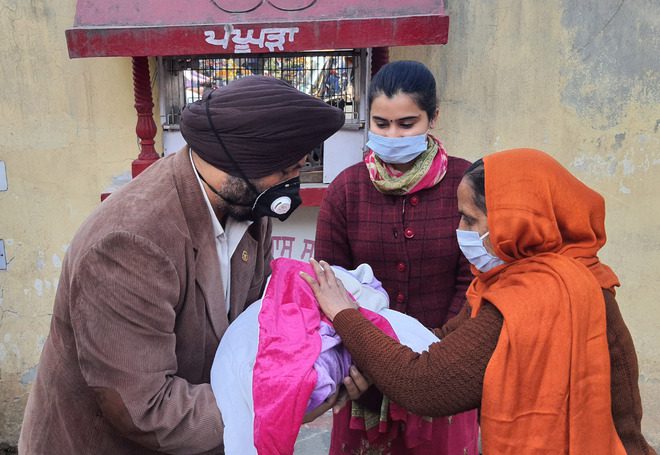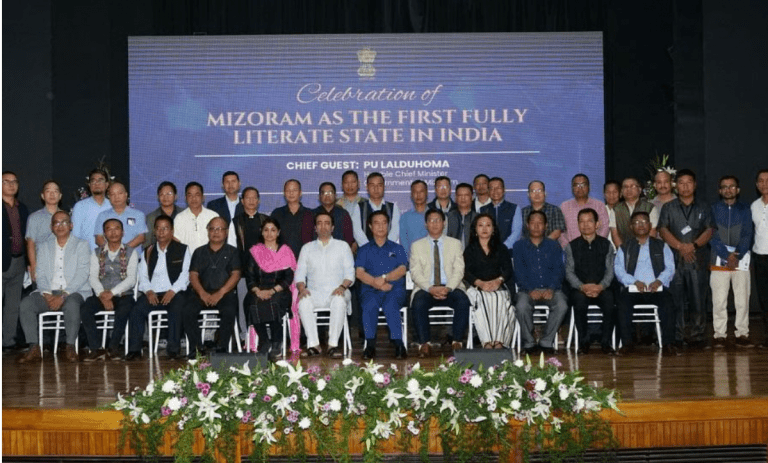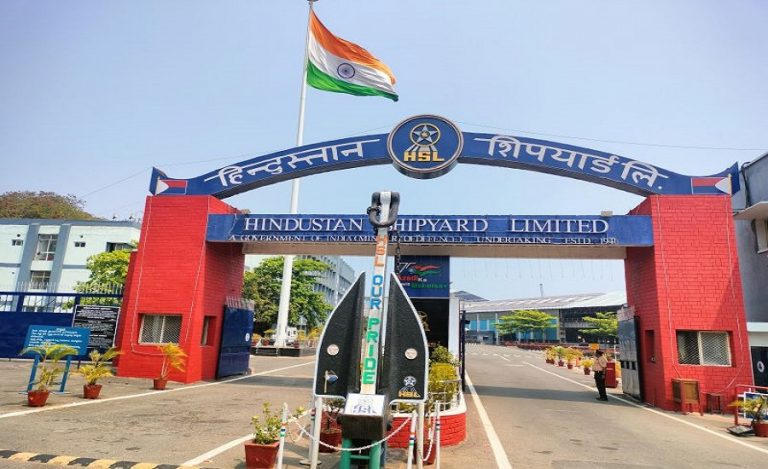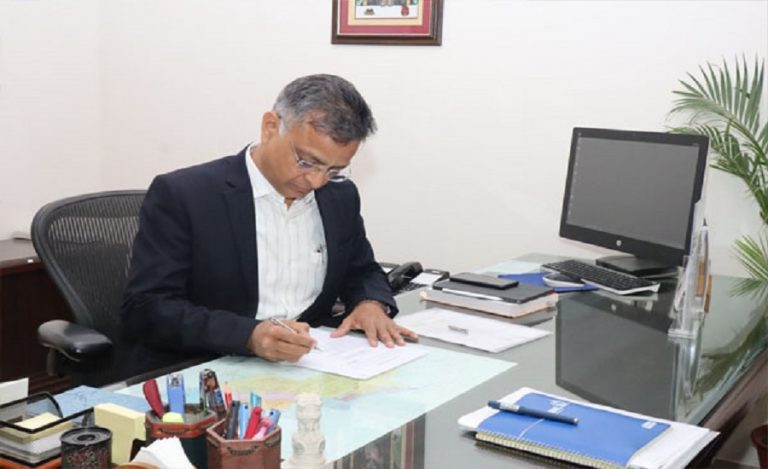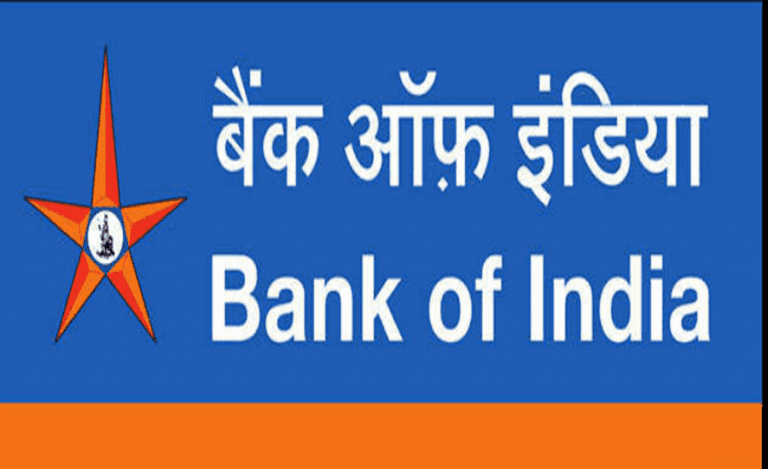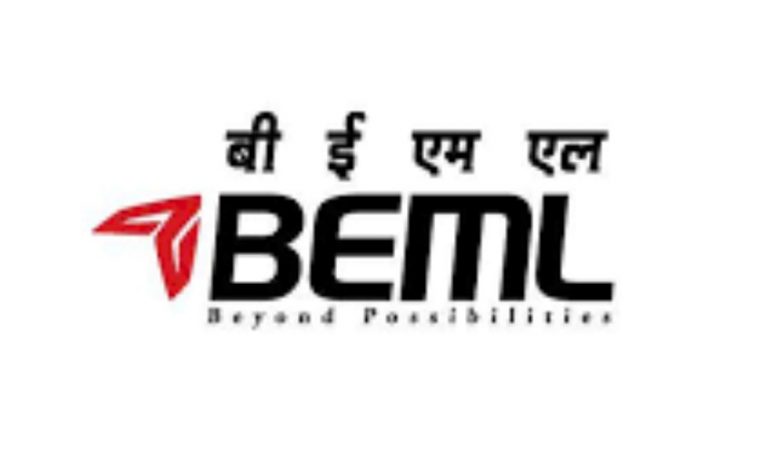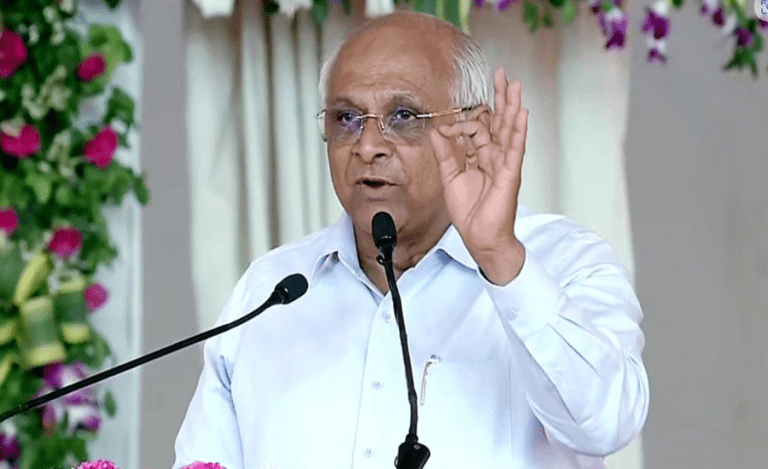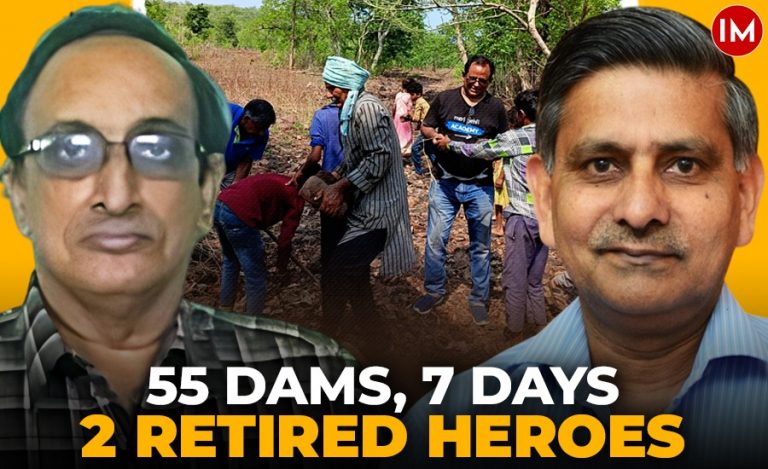Numerous civil servants have brought about a demonstrable difference to the lives of people constituents through their honest work and ingenuity. One such person is a 1996 batch, Punjab cadre IAS officer, Mr. Kahan Singh Pannu. The man carries several feathers in his cap.
In an exclusive conversation with Indian Masterminds, Mr. Pannu described in detail his work for the people of his state.
CROP RESIDUE BURNING – PROBLEM AND SOLUTION
Crop residue burning is a major issue which not only adversely affects the environment, specifically during winter months, but also depletes soil health. Farmers rue that they have no alternative to paddy straw burning because they have to clear the fields in an economical way since the window between paddy harvesting and sowing of the next Rabi crop of wheat is very narrow.
Mr. Pannu realized the intensity of harm that paddy burning brought to the climate; therefore he planned a multi-pronged strategy that involved creating awareness amongst farmers about the ill effects of residue burning. A large number of camps were organized in the villages where agriculture experts from the Agriculture University convinced the farmers about alternative methods of crop residue management. Additionally, advertisement campaigns through print, electronic & social media were undertaken. Students of rural educational institutions created awareness in rural hinterlands. Village panchayats and cooperative societies were also involved.
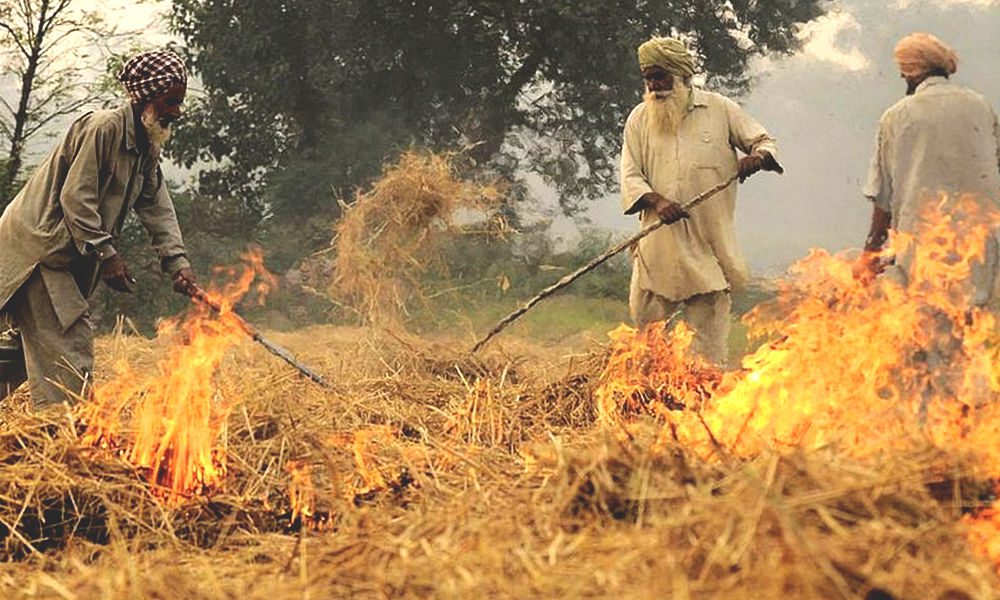
Farmers were given 74,690 tractor driven machines for in-situ management of paddy residue at a subsidy ranging from 50% to 80% of the cost of the machines. The machines include happy seeders, MB plows, super seeders, Melchers, straw shredder, super straw management system for combine harvesters, etc. Environmental compensation ranging from Rs 2500 to Rs 15,000 was imposed against farmers resorting to residue burning.
“It is under these circumstances that I worked intensively for 3 years, first as Chairman Punjab Pollution Control Board and then as Secretary Agriculture Govt of Punjab, to contain the widespread problem of paddy residue burning in Punjab and achieved success to a large extent as the number of burning incidents reduced by about 50% during 3 years,” Mr. Pannu told Indian Masterminds.
ADOPTING THE LAMBRA KANGRI COOPERATION SOCIETY
Known for its innovations and novel ideas, the Hoshiarpur-based Lambra Kangri Multipurpose Co-operative Service Society’s major work includes the founding of a biogas plant in the village. Through it, dwellers have shunned LPG cylinders and are using biogas. When the residents of even urban areas are often devoid of the facility of home delivery of gas through pipes, residents of a remote village are enjoying it! The project was installed in 2016 here.
Said Mr. Pannu, “This society was on the verge of closure when the management approached me to help them wind up the society. But I was convinced that with such a sincere management committee, the only thing required was. to give them proper path and leadership for revival. Hence I requested them to allow me to join them to revive the society.”

Within a year, the society turned the tide and became a multipurpose co-op society to meet the requirements of the village members. Today, the society has its own diesel pump, agro-input shop, general merchandise shop, Ambulance Service, Gymnasium, village sewerage water treatment plant. It collects cow dung from houses and converts it into biogas. It owns 4 tractors and all kinds of agro-machinery which it supplies to members on rent. This helped to reduce the cost of cultivation burden of the farmers to a large extent.
The society has got recognition at the national level. Delegations from India and abroad now visit it regularly.
PREVENTING MILK ADULTERATION
To tackle milk adulteration issues in Punjab, Mr. Pannu took steps including strengthening the state food safety lab with the help of FSSAI wherein modern and efficient technology of detection of adulteration was introduced. He roped in the 6000-member strong Punjab Dairy Farmers Association to help in nabbing the culprits involved in adulteration. Other steps included launching campaigns, conducting regular meetings, training, regulating and imposing penalties against erring farmers.
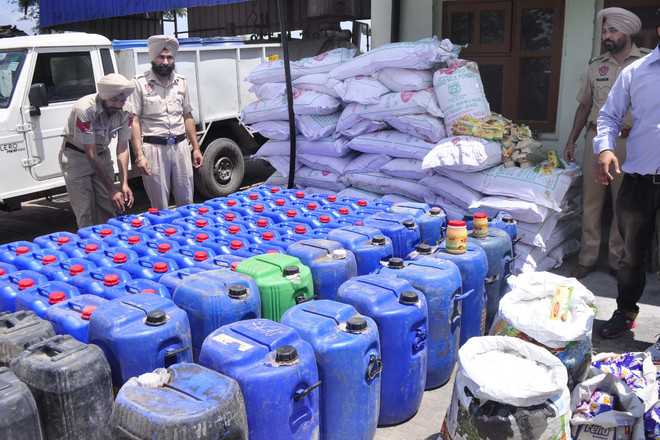
“Adulteration of milk and milk products in India is a serious issue, affecting not only the quality of products but also the health of people. Therefore, the matter was decided to be tackled from multiple angles, from consumer awareness to taking on the culprits with heavy hands.”
PANGHURA SCHEME
When Mr. Pannu joined as DC, Amritsar, he was perturbed over the practice of female infanticide, as was often reported in the city where every month 1-2 infant girls were found abandoned at secluded places. He took an initiative under which a panghura (cradle) was set up in the Red Cross office at the center of the city.

“Public was requested that nobody should indulge into the practice of throwing the infants. Rather, they should place such infants in the Red Cross panghura. A detailed protocol of handling the child and their further adoption was worked out. Once the systems are put in place with strong backward and forward linkages, things keep on moving forward. Infants are still being received in Amritsar Panghura,” he told Indian Masterminds.
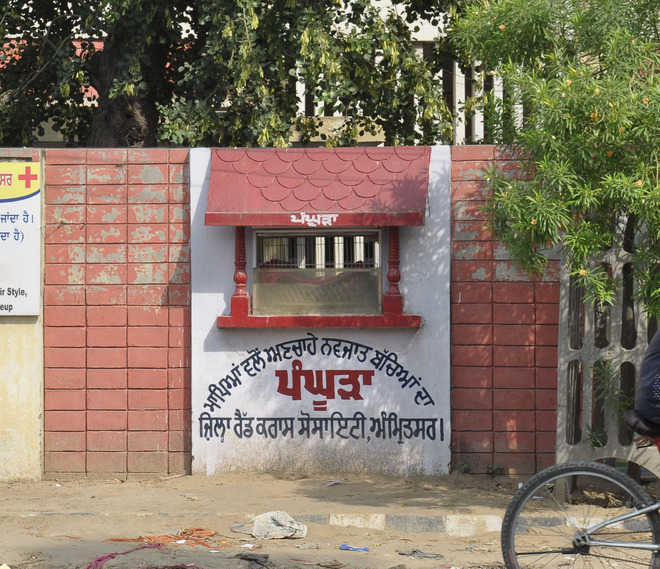
Till now, more than 200 infants have been received in the Panghura.

